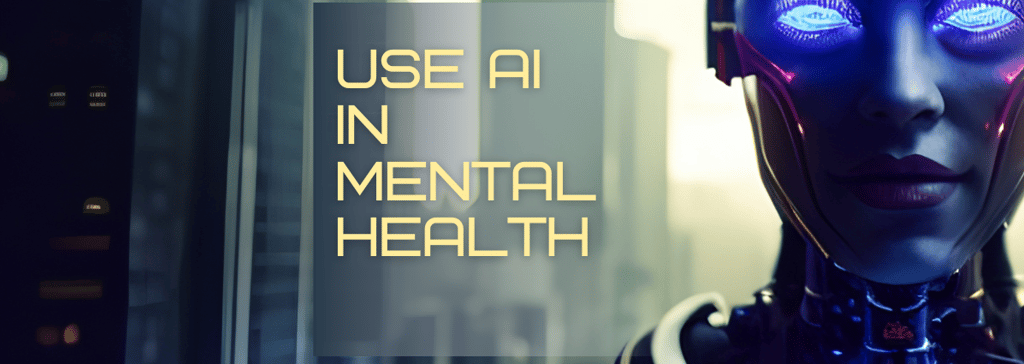Harnessing AI in Mental Health Care: Innovations and Implications
AI in Mental Health Care AI-powered tools are being developed to assess and monitor mental health conditions such as anxiety and depression. These technologies aim to provide accessible and personalized mental health support, though full regulatory approval is still pending.
5/25/20251 min read


Introduction to AI in Mental Health Care
In recent years, there has been a growing trend towards utilizing AI in mental health care. As society grapples with rising concerns over mental health issues, such as anxiety and depression, AI-powered tools are emerging as promising solutions. These technologies aim to assess and monitor mental health conditions, providing support that is both accessible and personalized. However, while the potential benefits are significant, the journey of integrating AI in this sensitive field requires careful consideration.
The Role of AI-Powered Tools
AI-powered tools are being developed to assist mental health professionals in their practice. These tools leverage algorithms and data analysis to identify patterns and trends in an individual’s behavior and emotional well-being. For instance, machine learning techniques can analyze textual data from social media, chatbots, or mobile applications to gauge feelings of sadness or anxiety. By utilizing these technologies, health professionals can create tailored strategies to improve patient outcomes.
Challenges and Future Directions
Despite the promising advancements in AI for mental health, significant challenges remain, particularly regarding regulatory approval and ethical considerations. Full regulatory approval is still pending for many of these AI applications, raising questions about their validity and reliability. Additionally, concerns regarding patient privacy and the ethical deployment of such technologies must be addressed. As AI continues to evolve, stakeholders must engage in dialogue to ensure that these innovations enhance the quality of mental health care without compromising ethical standards.
In conclusion, the integration of AI-powered tools in mental health care represents a transformative opportunity. As these technologies evolve, they have the potential to redefine how we approach mental health support. However, it is crucial to navigate the challenges ahead thoughtfully to maximize benefits while protecting patient rights and ensuring effective care. The future of AI in mental health is undoubtedly exciting, but it requires collaborative efforts from all involved parties.
